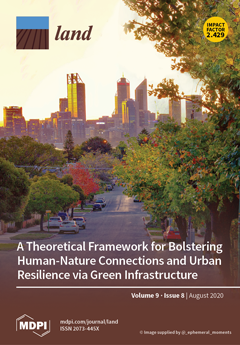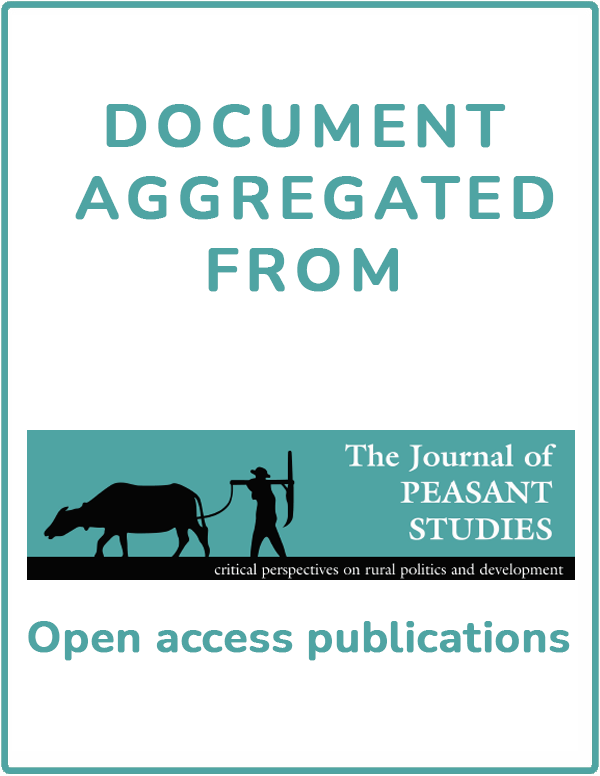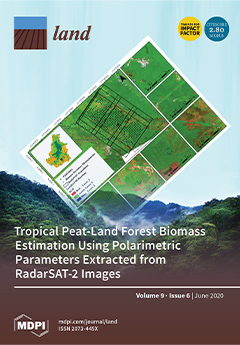Measuring Multifunctional Agricultural Landscapes
Multifunctional agriculture (MFA) has attracted increased attention from academics and policymakers in recent years. Academic researchers have utilised various approaches to assess and measure the multifunctionality of agriculture and rural landscapes. This paper outlines the nature of MFA and key supporting policies, before reviewing the applied research approaches, drawing primarily from the European Union and China where specific policies on MFA have been implemented to support rural development and promote sustainable rural communities.





